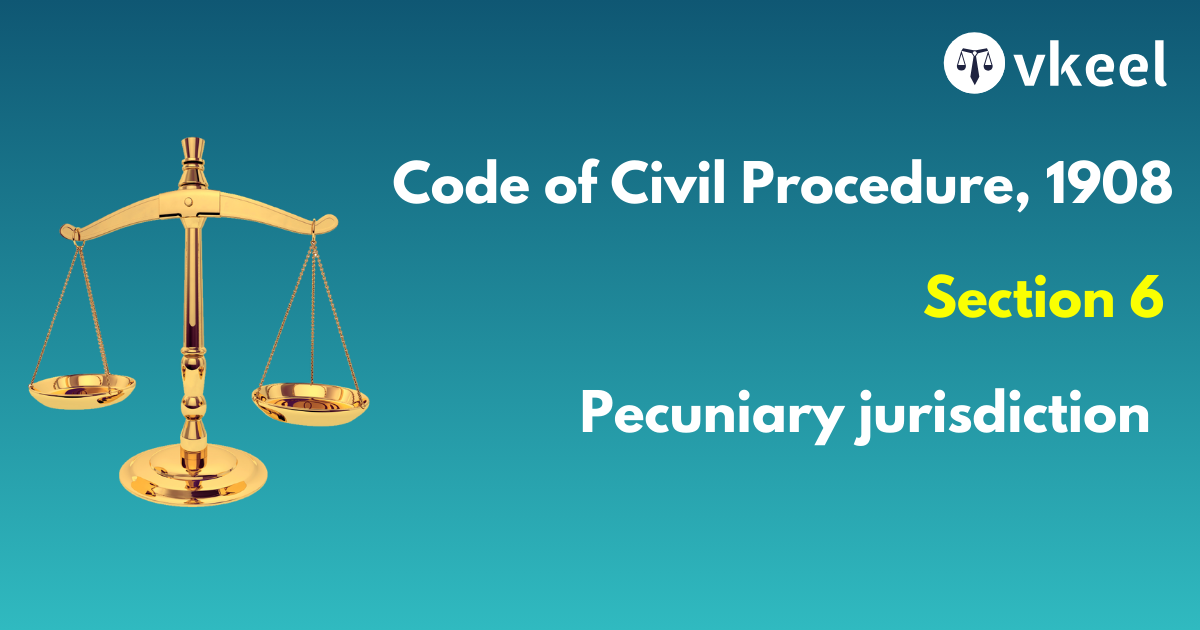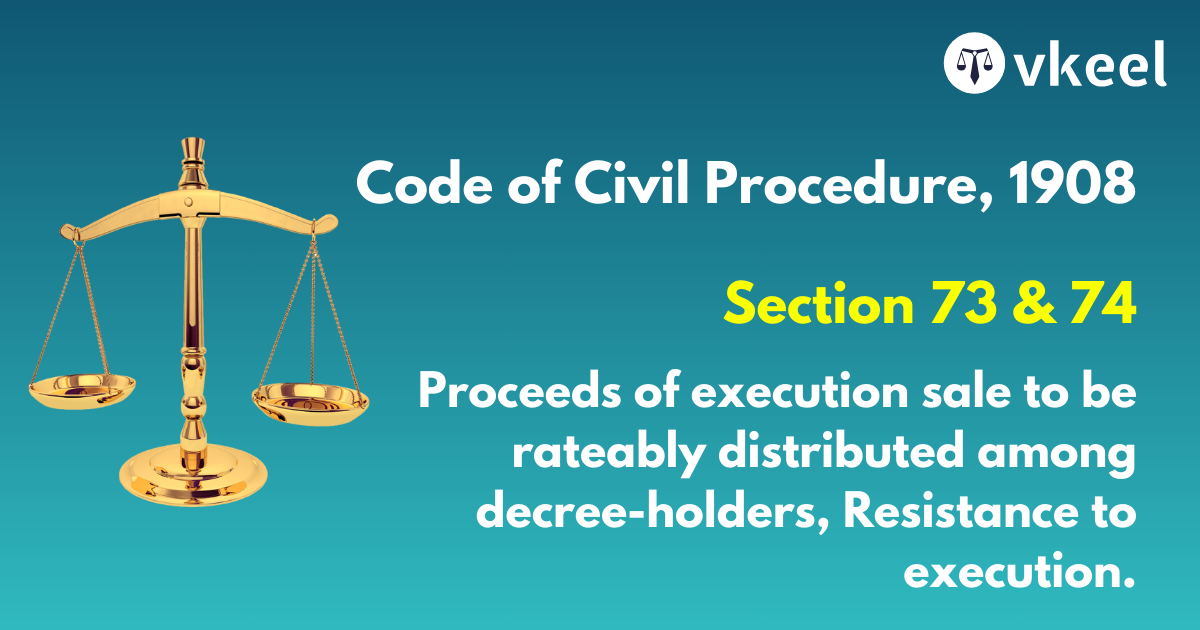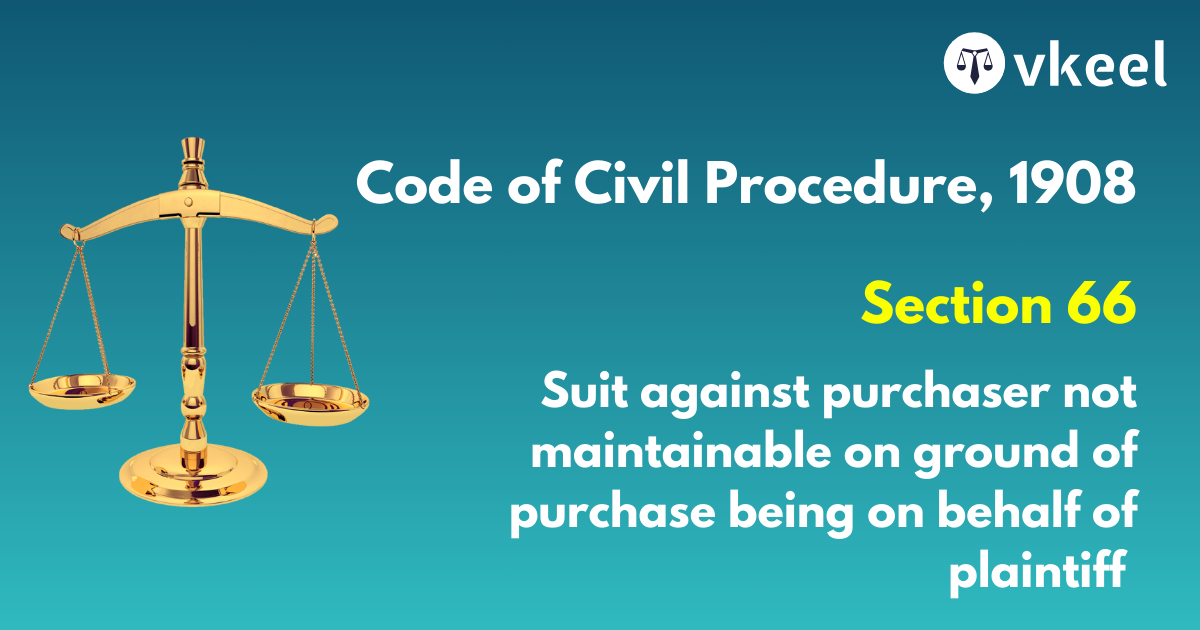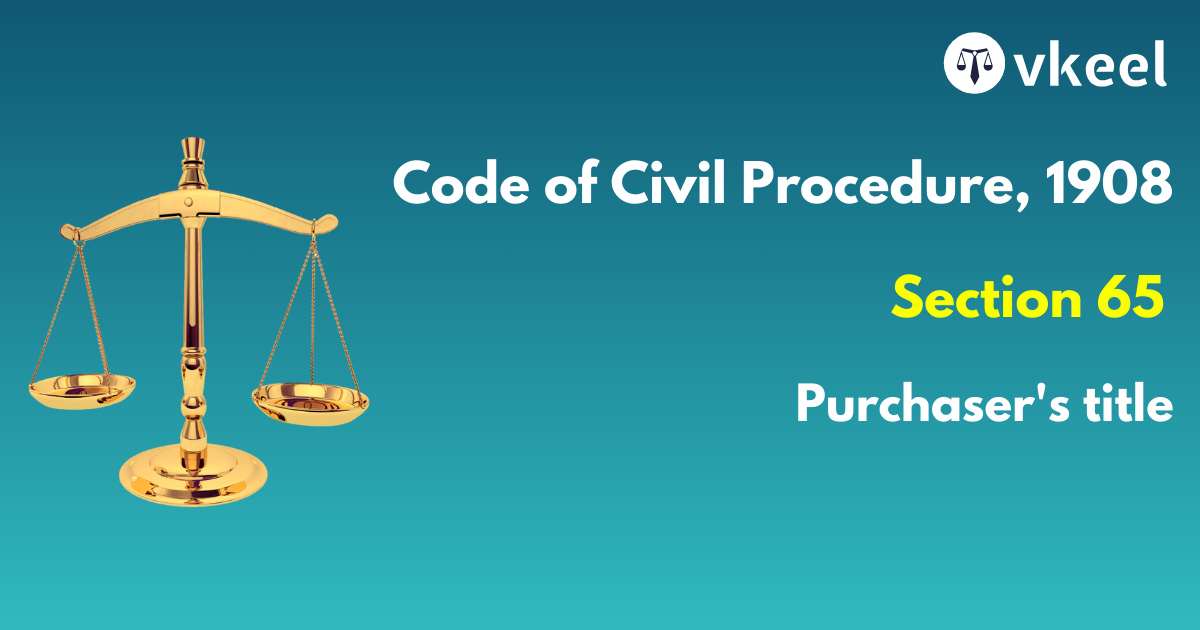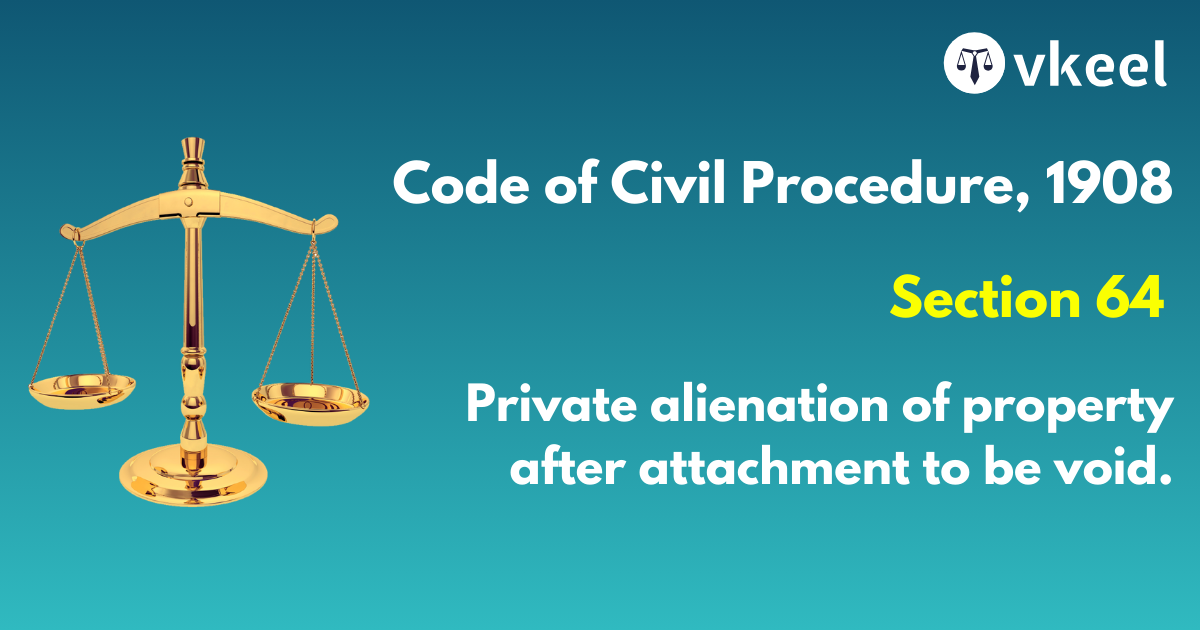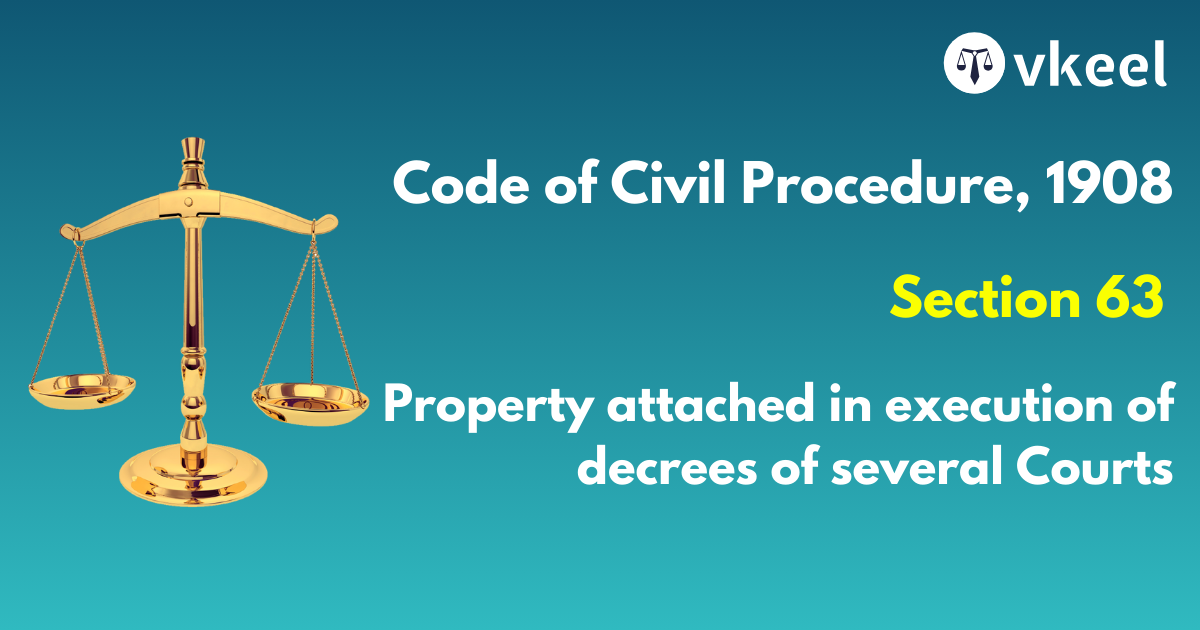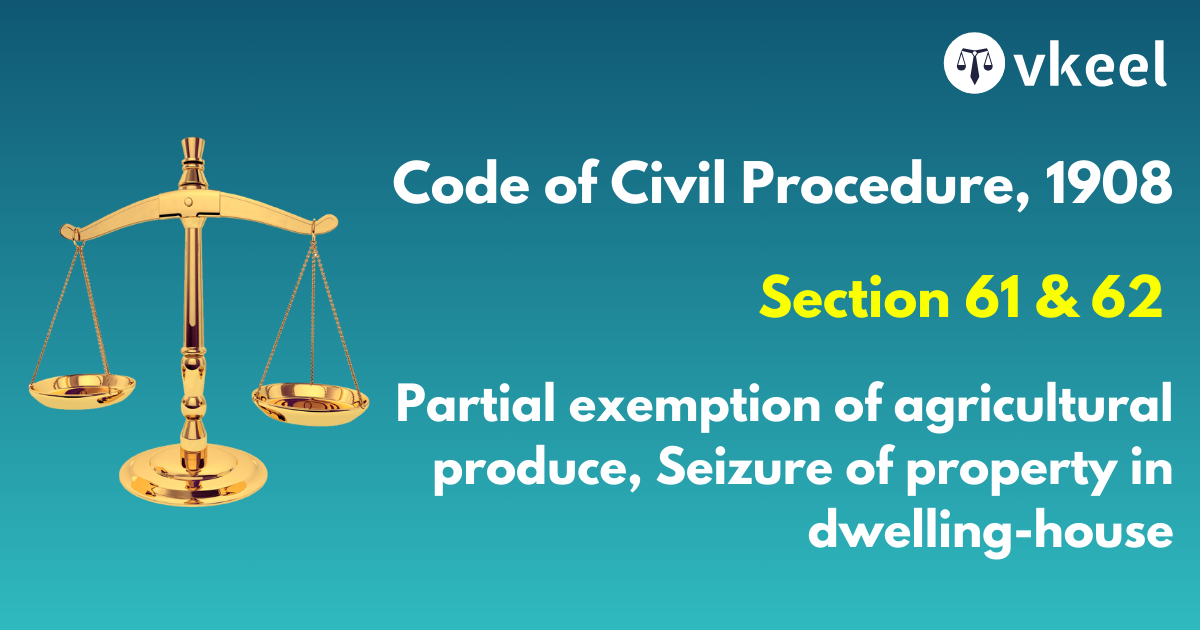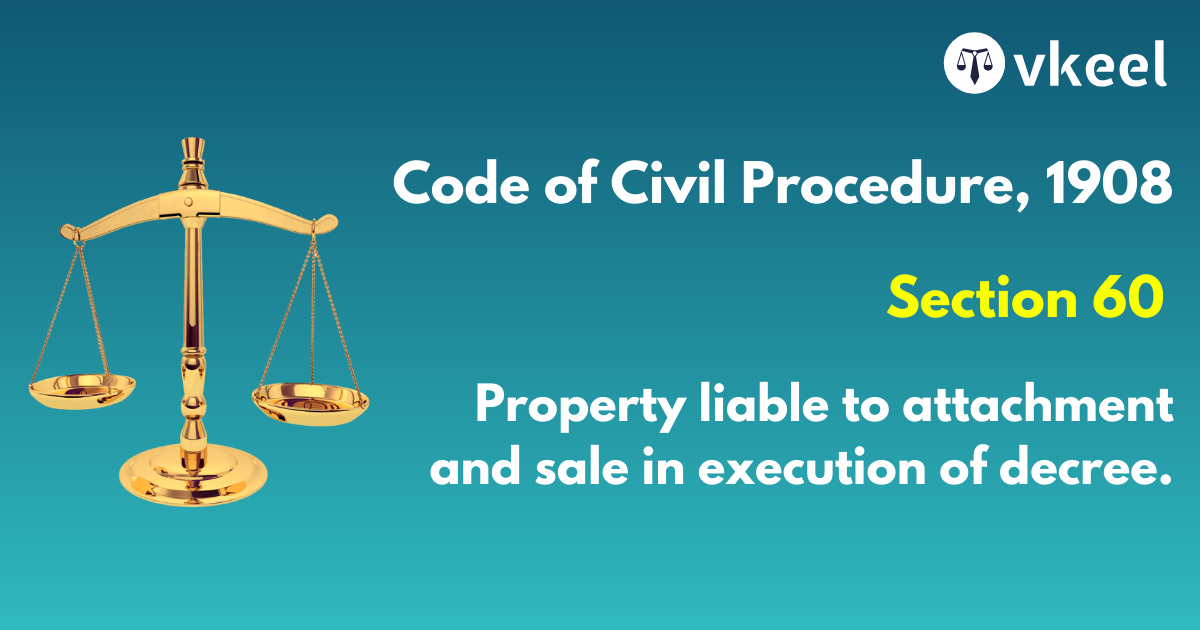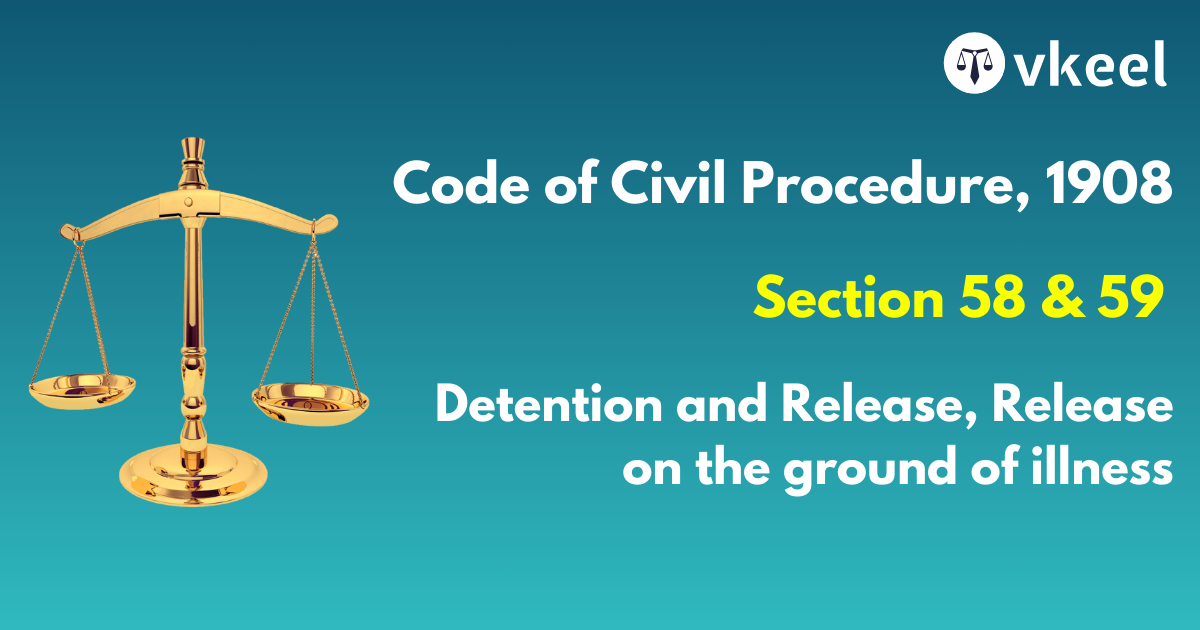Section 6 Code of Civil Procedure,1908 – Pecuniary jurisdiction
By Joy Puri
Table of Contents
Introduction
The term Jurisdiction stands as a crucial pillar to be deciphered in the civil suits of the country. In reference to the civil suits the jurisdiction has to be decided by the courts of law.
Jurisdiction of the court can be ordained as the power of the authority of the civil court to hear and opine about the cause, and thereafter to judge and adjudicate the powers in relation to it.
The question for the deciding of the jurisdiction always depends upon the factual matrix of the case, the question is not on the basis of the findings of the truth or the falsehood of the case but on the former.
The crux of the question regarding the jurisdiction lies in the statement that it has to be adjudicated on the initial stage of the case rather than the final stage of the judgement.
Section 6 of the Code of Civil Procedure, 1908
Pecuniary jurisdiction-
Save in so far as is otherwise expressly provided, nothing herein contained shall operate to give any Court jurisdiction over suits the amount or value of the subject-matter of which exceeds the pecuniary limits (if any) of its ordinary jurisdiction.
Detailed overview of the provision
In India overall there exists many courts of law which work for delivering the justice in the country. Some of the courts possess unlimited pecuniary jurisdiction.
The pecuniary jurisdiction of the court is not decided on the part, in regards to the subject of the property involved in the conflict.
Rather the main parameter to decide the pecuniary jurisdiction is in regards of the amount for which the appeal has been made by the appellant or the petitioner.
India holds a humungous number of civil court in respect to the population of the country. These courts of law, possess different grades, by providing the jurisdiction to try or hear the appeals of different amounts.
Landmark Case Laws
Mathai v. Varkey Varkey, 1964 SC
The Apex Court in the landmark case stateds, “if the party aggrieved does not take appropriate steps to have that error corrected, the erroneous decree will hold good and will not be open to challenge on the basis of being a nullity”.
Hakam Singh v. Gammon India Ltd., AIR 1971 SC
“Where the Court has jurisdiction to decide a dispute, the same cannot be taken away or ousted by consent of parties. An agreement to oust absolutely the jurisdiction of the Court would be unlawful and void being against the public policy. (Ex dole malo non oritur action). But if two or more Courts have jurisdiction to try the suit, it is open to the parties to select a particular forum and exclude the other forums. And therefore the parties may agree among themselves that the suit should be brought in one of those Court and not in the other, since there is no inherent lack of jurisdiction in the Court. Such an agreement would be legal, valid and enforceable.”
Kiran Singh Vs Chaman Paswan, 1954
“A defect of jurisdiction strikes at the very authority of the Court to pass any decree, and such a defect cannot be cured even by consent of parties.”
Vishwanath Raghuvir Sinai Edo. v Ashok Dattatray Dande, 2000
There is no dispute that the jurisdiction of the Trial Court depends upon the valuation disclosed in the plaint. Indeed, in terms of section 6 of the Code, the pecuniary jurisdiction of the Court depends upon the amount or the value of the subject matter of the suit as disclosed in the plaint. The said section 6 provides that “save insofar as is otherwise expressly provided, nothing herein contained shall operate to give any Court jurisdiction over suits the amount or value of the subject matter of which exceeds the pecuniary limits (if any) of its ordinary jurisdiction.” Further, section 15 of the Code provides that every suit shall be instituted in the Court of the lowest grade competent to try it. In other words, the scheme of the procedure as contemplated under the Code of Civil Procedure clearly postulates that every suit has to be instituted in the Court of the lowest grade having jurisdiction to try the same. The provisions in section 6 of the Code reveals that the Court is not entitled to deal with the suits where the value of the subject matter exceeds the pecuniary limits of the ordinary jurisdiction of such Court. These provisions, therefore clearly indicate that the value of the subject matter of a suit is of paramount importance in determining the Court in which the suit is to be filed and tried. Besides, the right of appeal accures to the parties to a suit from the date of the institution of the suit according to the law then in force .
Nandlal v Nrityakali
The application of the section is limited to suits. An award by the Improvement Tribunal for an amount exceeding the pecuniary jurisdiction of the Calcutta SC Court can be executed by the latter as the proceedings before the Tribunal is not a suit
Conclusion
The term of jurisdiction thereby helps in deciding of the powers of the court in respect to the territorial boundaries. Therefore the concept further prevents the courts to be involved in a situation of ruckus and tension.
Disclaimer:
The information provided in the article is for general informational purposes only, and is not intended to constitute legal advice or to be relied upon as a substitute for legal advice. Furthermore, any information contained in the article is not guaranteed to be current, complete or accurate. If you require legal advice or representation, you should contact an attorney or law firm directly. We are not responsible for any damages resulting from any reliance on the content of this website.

